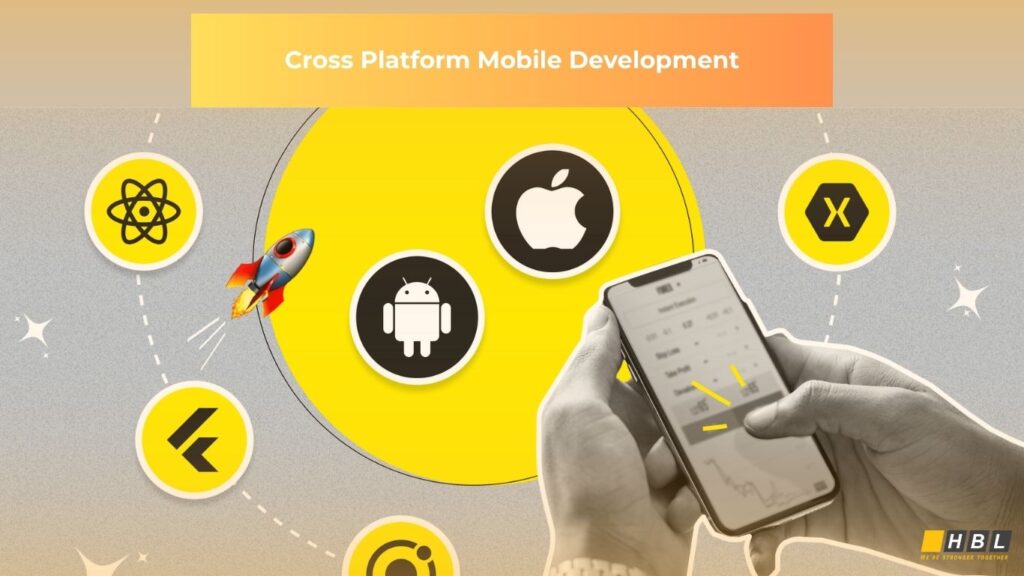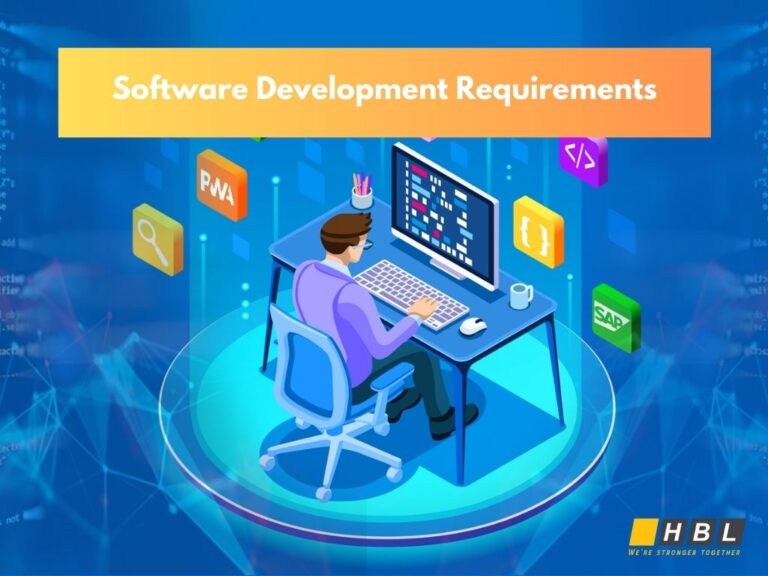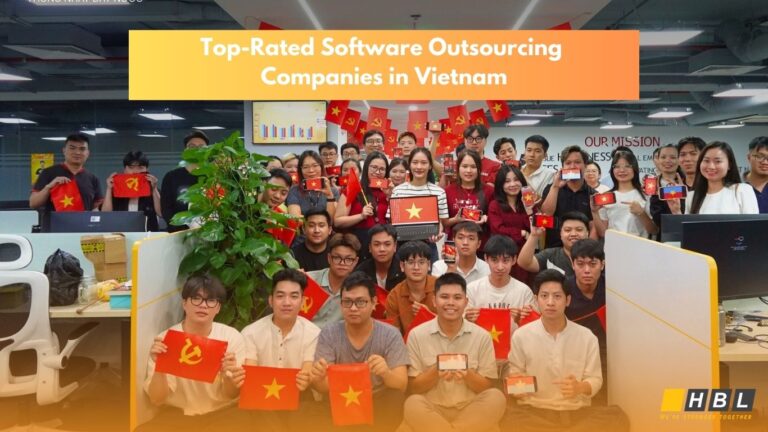In today’s digital economy, users expect fast, seamless, and consistent mobile experiences across every device. Businesses, however, face a challenge: building native apps for both iOS and Android can be costly and time-consuming.
That’s where cross platform mobile development comes in — a development approach that allows a single codebase to run on multiple operating systems. It reduces cost, accelerates time-to-market, and ensures brand consistency across devices.
From startups in Sydney to enterprises in Singapore and the U.S., cross platform frameworks are revolutionizing how companies launch and scale their mobile presence.
What Is Cross Platform Mobile Development?
Cross platform mobile development is the process of creating mobile applications that work across multiple operating systems — primarily Android and iOS — using one unified codebase.
Instead of writing separate code for each platform (as in native app development), developers use frameworks that translate a single codebase into apps compatible with different platforms.

Popular Frameworks for Cross Platform Development
- Flutter (by Google) – Fast UI rendering and native-like performance.
- React Native (by Meta) – Built on JavaScript, ideal for dynamic apps.
- Xamarin (.NET MAUI) – Backed by Microsoft for enterprise-grade apps.
- Ionic – Best for hybrid apps leveraging web technologies.
- Unity – Perfect for interactive 3D or AR/VR mobile experiences
These frameworks allow developers to build high-quality apps faster while maintaining consistent user experiences across devices.
Native vs. Cross Platform Development: Key Differences
| Criteria | Native Development | Cross Platform Development |
| Codebase | Separate for iOS & Android | Single shared codebase |
| Performance | Slightly faster (optimized for OS) | Nearly native with frameworks like Flutter |
| Development Cost | High | 30–50% lower |
| Maintenance | Double effort | Unified updates |
| Best For | Complex, high-performance apps | Multi-platform apps with fast delivery needs |
For most businesses, especially SMEs or startups, the trade-off between performance and cost efficiency makes cross platform mobile development the smarter choice in 2025.
Benefits of Cross Platform Mobile Development
Cross platform development has moved from “budget option” to “strategic default” for digital transformation projects.
1. Faster Time to Market
With one codebase, updates and new features are rolled out simultaneously across all platforms — cutting launch timelines by up to 50%.
2. Reduced Development Costs
You hire one team instead of two, reducing costs by 30–40% while maintaining app quality.
3. Consistent User Experience
Cross platform frameworks ensure that branding, design, and UX remain consistent across iOS, Android, and even web apps.
4. Easier Maintenance & Scalability
A single codebase means fewer bugs, faster fixes, and simplified scalability as your app grows.
5. Wider Market Reach
Releasing on multiple platforms simultaneously ensures faster market penetration and higher ROI.
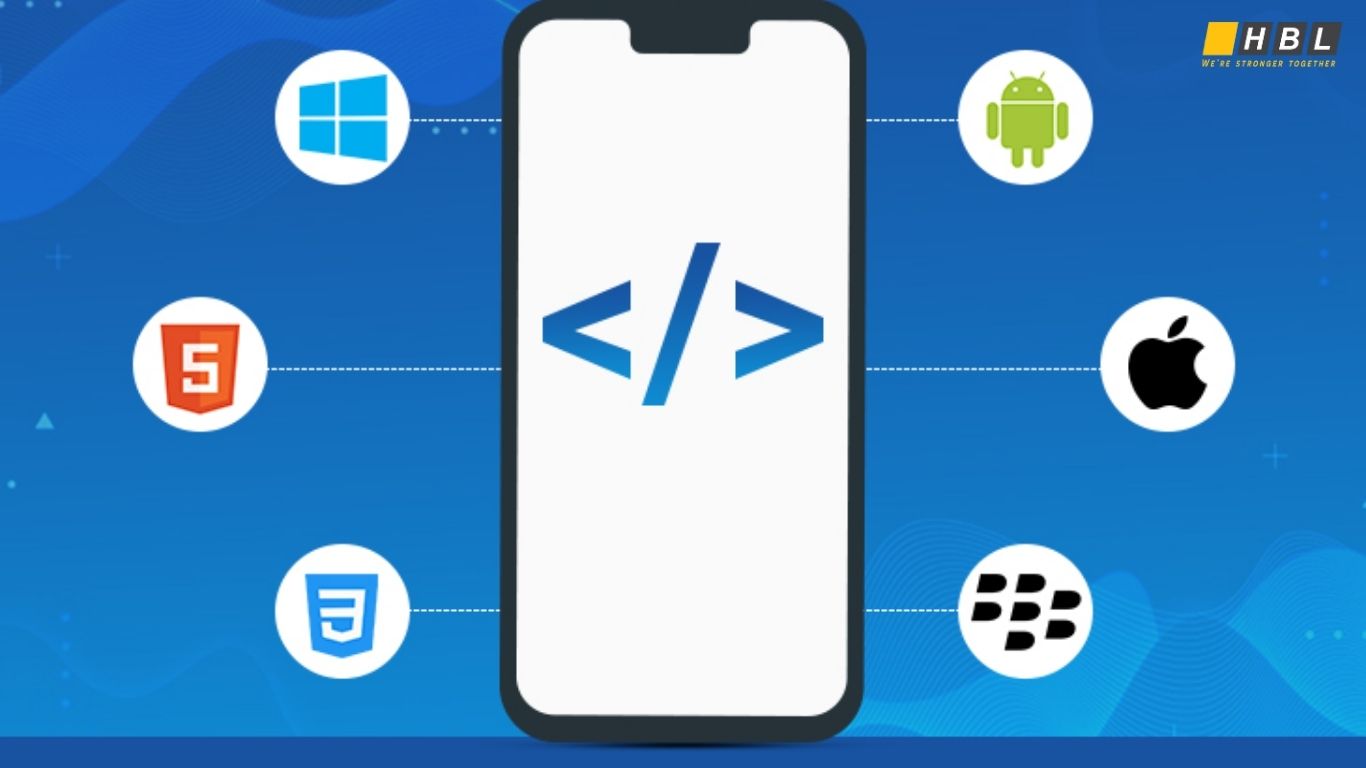
When Should You Choose Cross Platform Over Native?
Opt for cross platform development when:
- You need to launch quickly on both iOS and Android.
- Your app requires standard features (e.g., forms, dashboards, data sync).
- You have a limited budget but want maximum reach.
- Your team must iterate frequently using user feedback.
However, if your app needs advanced device hardware control (like AR, VR, or complex gaming), native might still be preferable for peak performance.
Top Frameworks for Cross Platform Mobile Development in 2025
1. Flutter
- Language: Dart
- Best for: High-performance UI and MVP development
- Why it’s leading: Offers near-native speed and flexible widget design.
2. React Native
- Language: JavaScript / TypeScript
- Best for: Startups and large-scale apps with dynamic UIs
- Why it’s popular: Strong developer community and reusable components.
3. Xamarin (.NET MAUI)
- Language: C#
- Best for: Enterprise-grade applications
- Why it stands out: Deep integration with Microsoft ecosystem (Azure, Visual Studio).
4. Ionic
- Language: HTML, CSS, JavaScript
- Best for: Hybrid apps and Progressive Web Apps (PWAs)
- Why it works: Simplifies web-to-mobile transitions.
5. Unity
- Best for: AR/VR and interactive apps
- Why it matters: Powers immersive experiences across devices.
Common Challenges in Cross Platform Development
Despite its advantages, businesses should anticipate and address key challenges:
- UI/UX discrepancies across operating systems.
- Performance optimization for device-specific features.
- Third-party plugin limitations.
- Security and compliance alignment with multiple app stores.
Working with an experienced development partner ensures these challenges are mitigated effectively.
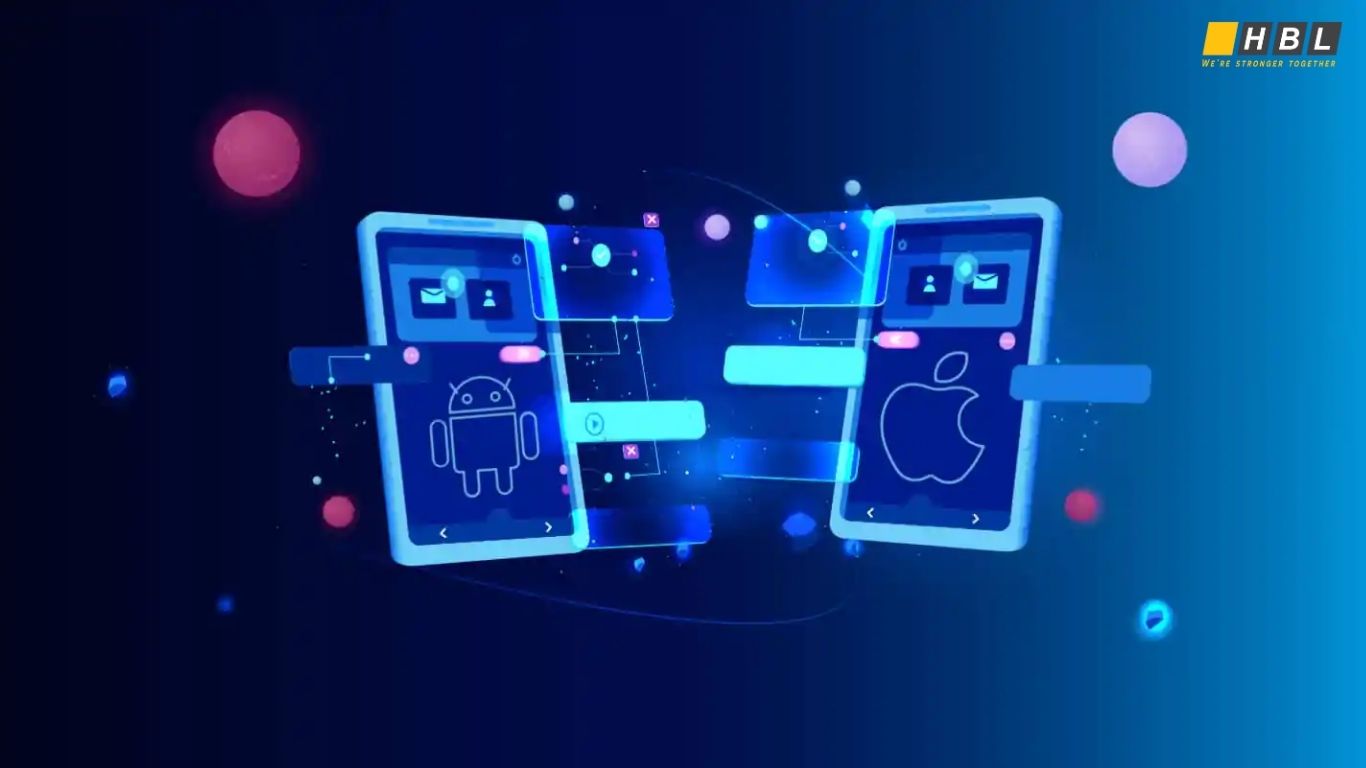
>>> See more: UI UX Development Services (2025): Unleashing Stunning Digital Experiences with Bold Design
Cross Platform Mobile Development for Business Applications
Beyond e-commerce or entertainment, cross platform apps are increasingly used for enterprise and internal tools, including:
- Human resource management software
- Customer relationship management (CRM)
- Inventory tracking systems
- Project collaboration tools
For example, companies now prefer building human resource management system software as cross-platform apps — enabling employees to access HR services seamlessly from any device.
Example Use Case: Human Resource Management Software Apps
Modern HR departments rely on digital tools to manage recruitment, attendance, and payroll. Instead of building separate iOS and Android versions, many companies now adopt cross platform mobile development to create unified HR applications.
Benefits for HR Teams
- Access employee data anytime, anywhere.
- Synchronize attendance and payroll in real time.
- Reduce administrative overhead through automation.
When combined with human resource management software companies’ expertise, cross platform apps provide agility and scalability across global operations.
How Cross Platform Development Powers HR Digitalization
With workforce mobility increasing, HR processes must be accessible on any device.
A cross platform approach allows enterprises to:
- Unify HR workflows across branches.
- Integrate securely with ERP or payroll systems.
- Leverage analytics for workforce insights.
- Offer multilingual interfaces (English, Japanese, Korean, etc.).
This strategy helps organizations achieve the same benefits as advanced HRMS solutions — efficiency, compliance, and employee satisfaction.

Emerging Technologies in Cross Platform Development (2025 and Beyond)
- AI Integration: Predictive analytics, chatbots, and personalization.
- Low-Code Platforms: Faster development with minimal coding.
- Cloud-Native Architecture: Scalability and performance optimization.
- AR/VR Capabilities: Enhanced immersive experiences.
- Security Enhancements: Multi-layer encryption and zero-trust frameworks.
These innovations are shaping how businesses build digital ecosystems that combine cross platform mobility and data-driven intelligence.
Why Choose HBLAB for Cross Platform Mobile Development
About HBLAB
HBLAB JSC is a top-ranked software development company headquartered in Vietnam with global offices in Australia, Singapore, Japan, and South Korea.
With over 630+ skilled engineers and 30% senior-level developers (5+ years of experience), HBLAB delivers high-quality, cost-efficient mobile solutions trusted worldwide.
Our Strengths
- Diverse collaboration models: BOT, Offshore, Onsite, and Dedicated Team.
- Cost efficiency: Up to 30% lower than domestic markets.
- Broad technical expertise: Flutter, React Native, Xamarin, AI, and Cloud.
- Strong communication: English-proficient engineers for global projects.
- Certified quality and security: CMMI Level 3, strict compliance with ISO/IEC 27001.
Our Cross Platform Capabilities
- Full-cycle app design, development, and maintenance.
- Integration with human resource management software and enterprise systems.
- Expertise in UI/UX design, API integration, and security architecture.
- Proven success in AI-enabled and data-driven mobile applications.
💡 Looking to build a scalable cross platform app?
👉 Visit hblabgroup.com to explore HBLAB’s mobile development services.
Industries Benefiting from Cross Platform Mobile Apps
- Healthcare: Telemedicine and patient management apps.
- Education: e-Learning and student-tracking platforms.
- Fintech: Secure mobile banking and wallets.
- Retail & E-commerce: Unified shopping experiences.
- Human Resources: Employee self-service and analytics dashboards.
HBLAB has successfully delivered cross platform solutions across these verticals, empowering businesses to accelerate digital transformation.
How to Choose the Right Cross Platform Development Partner
When selecting a vendor, evaluate:
- Technical expertise in multiple frameworks.
- Security compliance (CMMI, ISO/IEC, GDPR).
- Proven portfolio in mobile and enterprise integration.
- Transparent communication and agile delivery.
- Post-launch support and performance monitoring.
Choosing an experienced company like HBLAB ensures that your mobile strategy aligns with business goals and scales efficiently.
Future Outlook: The Convergence of AI, Low-Code, and Mobility
The next wave of innovation merges AI automation with cross platform mobile development.
By 2026, Gartner predicts that over 70% of new enterprise apps will be built using low-code or cross platform frameworks — marking a major shift toward agility, integration, and intelligent automation.
Enterprises that act early will lead in digital customer engagement, employee mobility, and operational efficiency.
Conclusion
Cross platform mobile development is no longer an alternative — it’s the foundation of modern app strategy.
By leveraging unified frameworks and cloud-native architecture, businesses can deliver consistent experiences, reduce costs, and innovate faster.
With proven expertise, global presence, and strong security compliance, HBLAB stands out as a trusted partner for cross platform solutions — from mobile HR systems to AI-powered business applications.
✨ Empower your business with high-performance, cross platform mobile solutions — designed, developed, and delivered by HBLAB.
Read more:
– Augmented Reality vs Virtual Reality: What’s the Difference & Which One Should Your Business Choose?
– Database Development Made Simple: A Friendly Guide for 2026
